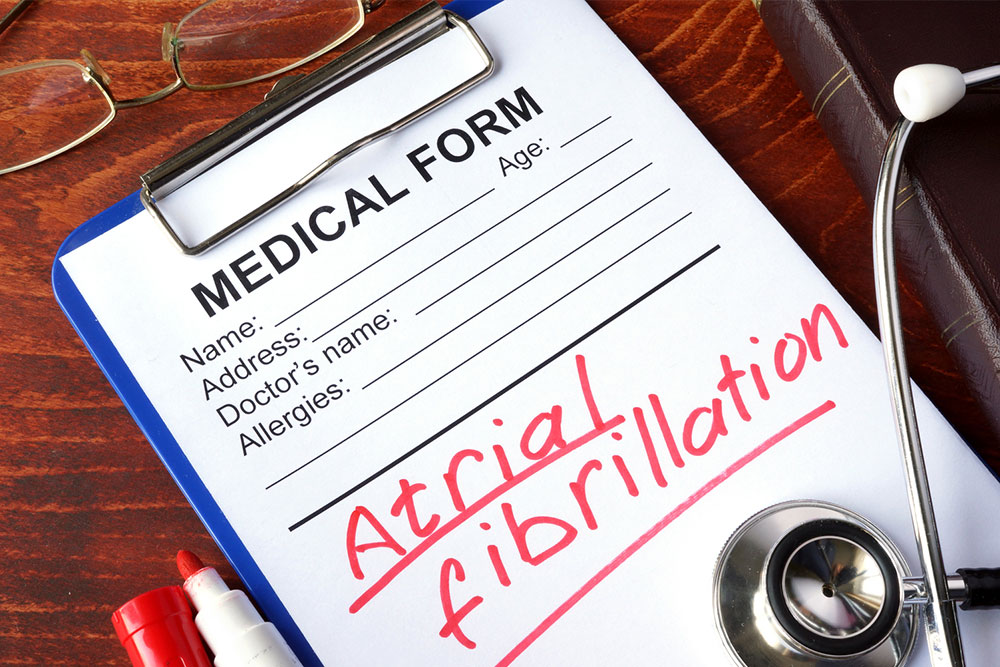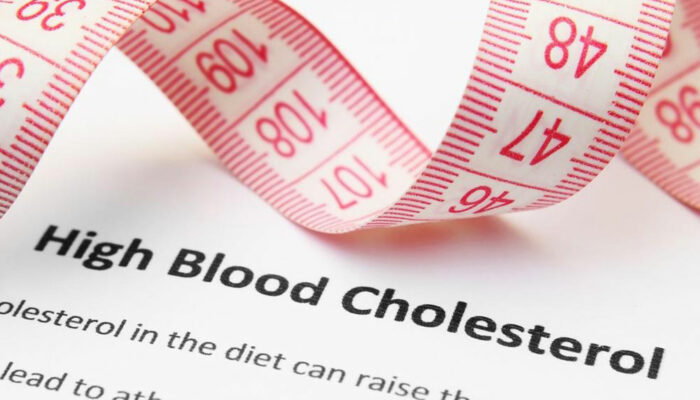
Causes, symptoms, and diagnosis of atrial fibrillation
Atrial fibrillation is a type of cardiac ailment where the patients experience a rapid heart rate. Such rapid heart rates can lead to heart failure, stroke, and other complications related to your heart.
Typically, in atrial fibrillation, the atria beat irregularly and do not work in coordination with the lower heart chambers or ventricles. During atrial fibrillation, patients experience weakness, shortness of breath, and heart palpitations.
Causes of atrial fibrillation
Atrial fibrillation results in irregular and fast heart rhythm. In the advanced stages of atrial fibrillation, the rate of the heartbeat may increase up to 100 to 175 per minute. A healthy heartbeat goes up to 60 to 100 times a minute.
Any damage to the structure of the heart’s chambers or any abnormality is likely to be the prime causes of atrial fibrillation. In certain cases, atrial fibrillation may not be due to any damage or defects of the heart, which is known as lone atrial fibrillation. The possible cause of lone atrial fibrillation is not clear, and it does not usually lead to complications.
Here’s a list of the possible causes that lead to a condition of atrial fibrillation:
- Any metabolic imbalance or an overactive thyroid gland
- A history of heart surgery
- Lung diseases
- Congenital heart disease
- Heart attacks
- Coronary artery disease
- Abnormality in heart valves
- Abnormality in blood pressure, primarily high blood pressure
- Sick sinus syndrome caused due to the improper functioning of the heart’s natural pacemaker
- Stress due to illness, surgery, and pneumonia
- Viral infections
- Sleep apnea
Symptoms of atrial fibrillation
The symptoms of atrial fibrillation highly depend on its causes. In certain cases, the patient may not showcase any symptoms until it gets diagnosed with physical examinations. Based on its type and characteristics, atrial fibrillation may be occasional, persistent, or permanent. The main symptoms of atrial fibrillation include the following:
- Reduction in the ability to exercise
- Fatigue
- Weakness
- Lightheadedness
- Dizziness
- Shortness of breath
- Chest pain
- Irregular heartbeat, the sensation of racing, and uncomfortableness
Diagnosis process of atrial fibrillation
Based on the symptoms and signs, to confirm the condition of atrial fibrillation, cardiologists may suggest that the patients undergo the following diagnostic procedures:
- Electrocardiogram (ECG) based tests : This is one of the prime procedures to confirm atrial fibrillation by examining the uniformity of heart signals
- Holter monitor : This is a portable ECG device that patients need to carry in their pockets for at least 24 hours or longer to monitor their heartbeat
- Blood test : Through blood tests, doctors try to find out any possible causes of atrial fibrillation, such as thyroid
- Stress test : This test primarily includes running, exercise, and such to test the condition of your heart
- Chest X-ray : Doctors also suggest that patients undergo X-ray based scans of the lungs to understand the possible causes
Conclusion
Atrial fibrillation is related to older age, history of heart-related diseases, or any other chronic ailments such as diabetes, blood pressure, family history, obesity, and drinking of alcohol. It is a serious medical condition that demands emergency treatment. The treatment of atrial fibrillation includes medication along with other interventions.



